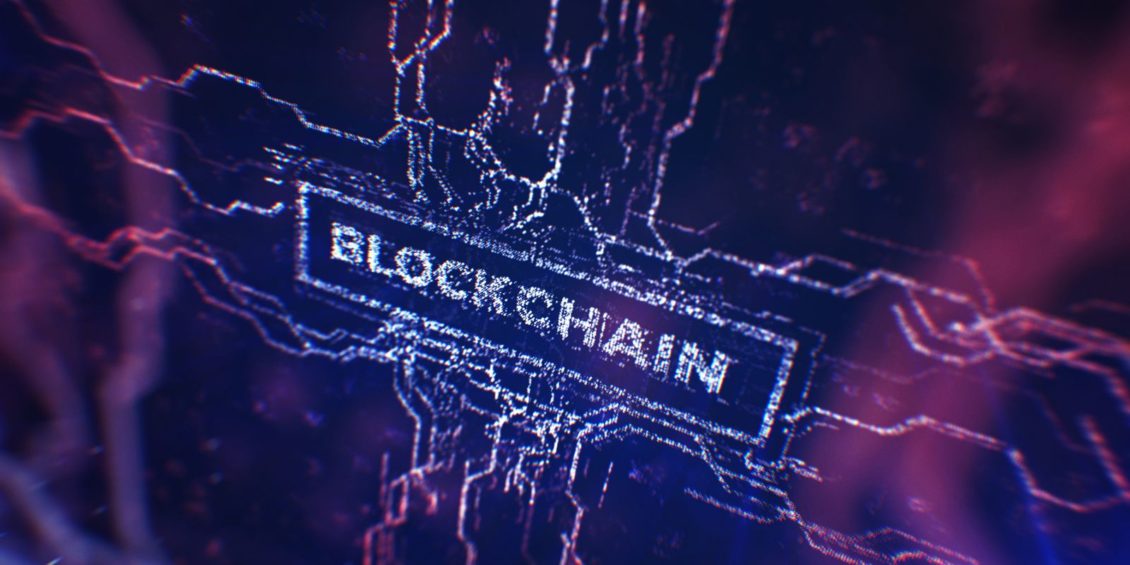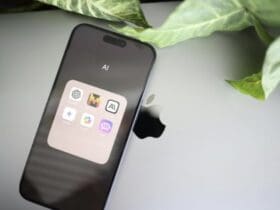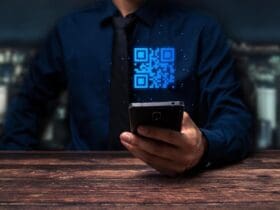From the humble beginnings of distributing news articles, the internet has evolved into a veritable web of information, entertainment and commerce. Platforms like Immediate Bitcoin use fundamental and technical analysis to provide you with the best trading calls. It has touched almost every person’s life in only two decades.
Since its commercial release in 1983, the internet has become a significant part of our lives. Studies estimate that nearly three-quarters of people in North America have used the internet, and more than half have conducted online shopping.
The rapid adoption of smartphones with built-in mobile internet connectivity is likely to extend the use of this network to even more people in developed economies and emerging ones. Blockchain has also been around for a while, but it has not been until recent years that it started to gain traction.
Today, blockchain provides the foundation for decentralized digital ledgers that provide precise records of events, identities and other digital assets. However, what is even more exciting about blockchain is the new possibilities it offers as we move towards an internet-based future. Experts have described how blockchain can transform our lives, from innovative technologies like smart contracts to decentralized autonomous organizations (DAOs) and, more recently, intelligent cities.
Accountability and Transparency on the Internet:
Blockchain is also poised to cut out unnecessary intermediaries in many industries. For example, it provides a way to track things without needing third-party verification, such as products once manufactured. In addition, since blockchain enables companies to share data across a network of computers, it has the potential to reduce bloat in data storage space.
Transparency and accountability are core values that blockchain instills through its connected ledger of transactions. These unique qualities can change how the internet is ruled by how things get done.
For example, take the entertainment industry, where blockchain can provide better transparency for musicians when distributing royalties. Today, musicians often receive payments from multiple parties: labels, production houses, distributors and platforms like iTunes or Spotify. Unfortunately, this complex system can lead to many leakages along the way as payments are handled by intermediaries acting on rights holders’ behalf.
Blockchain: A Key entity in Web3.0:
With the ability to track and store metadata, blockchain can facilitate a level of accountability. For instance, the key to making blockchain work is using smart contracts, similar to traditional legal contracts that would never be reviewed in court but are online and verified through software.
In addition, cybercriminals can also be held accountable because they cannot escape due to their involvement in the platform and their possession of private keys. Blockchain works so well with smart contracts that it can even be used for voting by storing users’ digital signatures and verifying them when needed.
Blockchain also enables users to carry out transactions without a central authority, which is impossible to hack. Blockchain-based smart contracts have been used in different cases, including flying drones, selling real estate, investing, and establishing trusts.
New Possibilities in Education:
Blockchain is opening the door to new services, such as decentralized networks that allow anyone to teach a class on any topic of their interest. For example, with Coursera, anyone can sign up and become a Professor. Today, there are many platforms where teachers can open classes to students over the internet, including Udemy, Teachable and Open Classrooms. Still, blockchain allows for more transparency by storing all data about the course and payments for each transaction on the ledger.
Catering blockchain to the future of IoT:
The Internet of Things (IoT) is a concept that refers to the idea of connecting a myriad of devices and other entities so that they can interact with one another through various applications. With millions of IoT devices already in use worldwide, we are already at the doorstep of a new network that will soon be commonplace. For example, in the IoT space, it is essential to reduce the cost and automation of maintenance while simultaneously ensuring security and decentralization of data.
The combined use of blockchain with IoT is poised to provide more opportunities for developers in this rapidly growing space. Blockchain-based IoT applications are unique in providing a complete audit trail of transactions, including device identity and network data. As a result, these applications can be used by people in various industries, including retail, banking, automotive and even healthcare. In addition, blockchain can use smart contracts to link the independent devices that make up an IoT system, thus providing a way to communicate with each other in real time.
With the user’s permission, private keys for these blockchain-enabled devices can be registered on decentralized networks like Ethereum so that all data is stored securely and cannot be duplicated by others. With the integration of IoT devices, the internet is revolutionizing to an extent, and blockchain seems to be increasing the efficiency of these devices.








Leave a Reply
View Comments